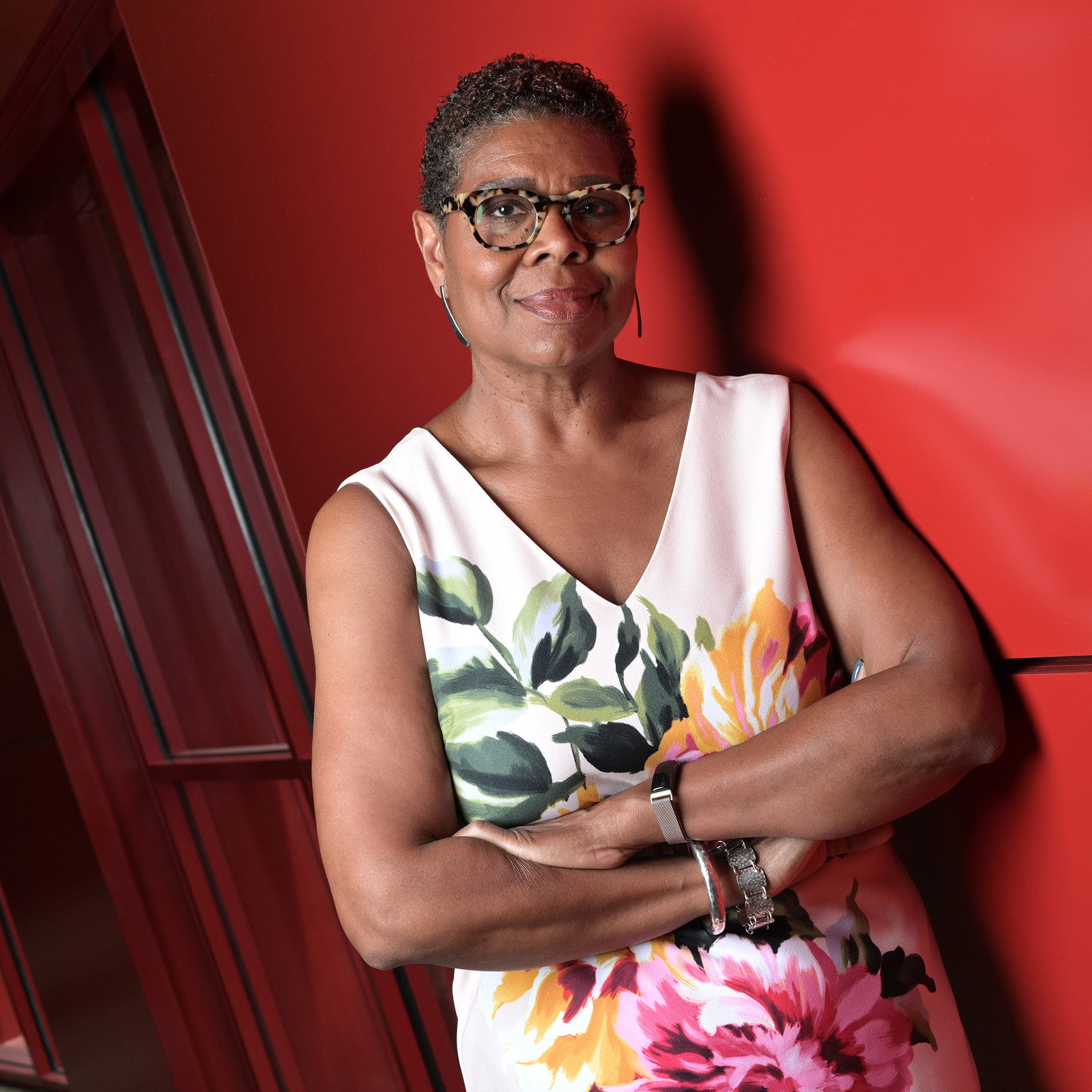In September 2022, The Community Foundation announced the inaugural grant round for the Health Equity Fund — a $95 million fund designed to improve health outcomes for DC residents through an economic mobility framework.
A number of those inaugural grantees are currently (or will soon become) part of the growing Guaranteed Income or Cash Transfer movement — a group of initiatives and pilot programs across the country that are using cash payments to provide direct assistance to community members.
As part of our journey to understand the impact that these programs can have in our community, we reached out to some of our partners to understand how providing direct cash assistance helps the communities they serve.
My Sister’s Place
My Sister’s Place (MSP) emergency cash transfer program, RISE Trust, serves 45 families who have experienced domestic violence. Financial abuse goes hand-in-hand with domestic abuse, and is one of the main reasons survivors stay in, and return to, abusive relationships.
MSP is providing $500/month for 24 months to our participants. Equally as important, financial literacy and programs with our partner, Capital Area Asset Builders, will allow our participants to gain financial education, the combination leading to financially empowered and hopeful families.
Just 3 months into the program participants are getting their credit scores for the first time, creating financial goals, and learning about how trauma affects finances. Participants reported being able to drop a part-time job and having more time with their children, paying off credit card bills, feeling a new sense of hope and a reduction in stress. We are excited to see the impact after 24 months.
Mother’s Outreach Network
Mother’s Outreach Network (MON) deploys policy advocacy, legal programs, and community building to address and strengthen the social determinants of health for Black mothers. MON is specifically focused on Black family preservation -- building the economic security of Black mothers involved with Washington, DC’s Child and Family Services Agency (CFSA). These women are some of the city’s most economically marginalized mothers.
In 2019, 4 out of every 5 D.C. cases in foster care stemmed from neglect-based allegations alone. These were cases where parents were charged with harming the “health or welfare” of a child under 18 years of age by failing to accord them “adequate food, clothing, shelter, education or medical care.”
To combat this, in 2021, MON conceived of a guaranteed income pilot research program to provide monthly unconditional cash payments for three years to DC residents that identify as Black mothers and have current or recent involvement in the child welfare system. Set to launch in three phases starting in early April 2023, MON's program seeks to inform policy around how poverty reduction affects involvement of parents in the child welfare system.
Capital Area Asset Builders
Capital Area Asset Builders (CAAB) started to be involved in the guaranteed income and cash transfer movement in the Fall of 2017. At CAAB we strongly believe that in order to achieve poverty alleviation, financial stability and long-term prosperity community members need access to information, education, empowerment, and money. No one community member can ever be directly serviced out of poverty. Without access to money one’s dreams and aspirations cannot be converted into goals and actions. With access to money, they can be.
Since early 2018, CAAB has been managing DC Flex, the nation’s first eviction- and homelessness-prevention cash transfer program. DC Flex is funded by the DC Department of Human Services (DHS) for the benefit of low-income TANF-receiving families to be able to pay rent on time and thus avoid eviction and homelessness. Since the creation of DC Flex, we have seen the significant impact the program has in enabling a family to stay housed, avoid financial hardships, and be put on a pathway to financial security. DC Flex goes beyond providing cash assistance. Program participants also receive financial wellness services provided by CAAB: bank accounts, budget management, financial wellness workshops, one-on-one confidential financial coaching sessions, information on the Earned Income Tax Credit and the Child Tax Credit, as well as access to free tax preparation services.
DC Flex was supposed to be a 4-year long pilot program for 125 low-income families in Washington, DC with total annual cash transfers of $900,000. Because of its deep impact, DC Flex has now grown to benefit 669 low-income families and 125 low-income individuals with total annual cash transfers of over $6.5 million. In addition to DC Flex, over the past 4 years CAAB has also partnered with several private sector and non-profit sector partners to manage 7 other guaranteed income and cash transfer initiatives. We celebrate and applaud all entities offering guaranteed income and cash transfer programs.












